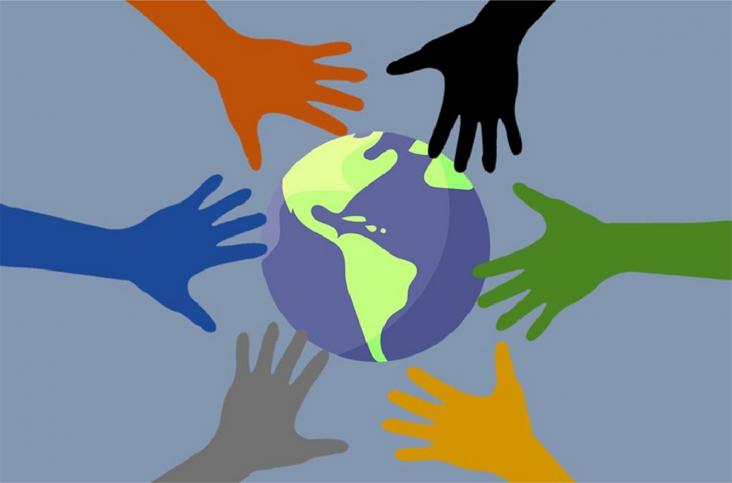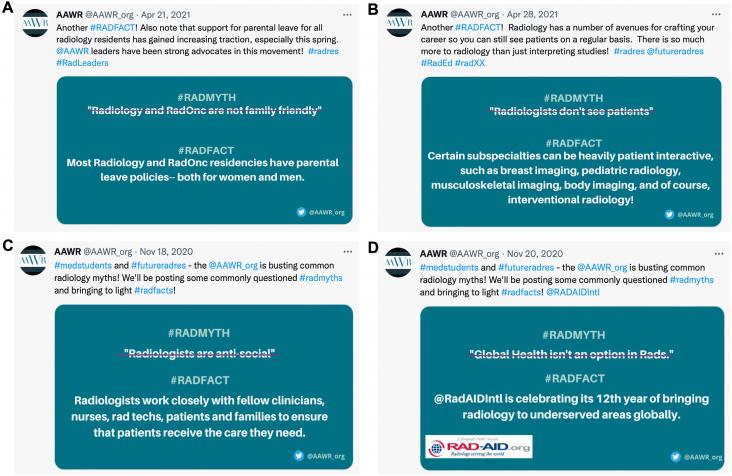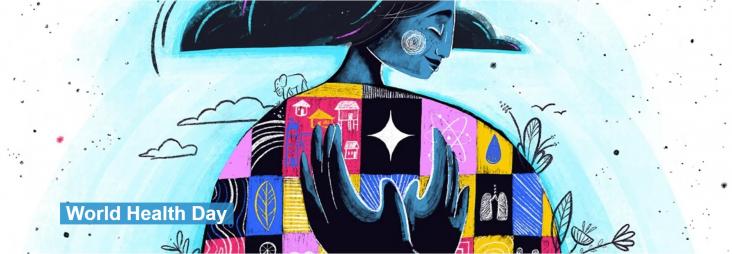

Encyclopedia of Inland Waters (Second Edition), Elsevier, 2022, Pages 511-519, ISBN: 9780128220412

Our planet, our health
Are we able to reimagine a world where clean air, water and food are available to all?
Where economies are focused on health and well-being?
Healthcare Strategies and Planning for Social Inclusion and Development Volume 2: Social, Economic, and Health Disparities of Rural Women, 2022, Pages 1-42
Healthcare Strategies and Planning for Social Inclusion and Development, 2022, Pages 159-201
Rationale and Objectives: Our objectives were (1) to determine the extent to which gender discrimination and sexual harassment are experienced by female radiologists and trainees; (2) to examine wh
